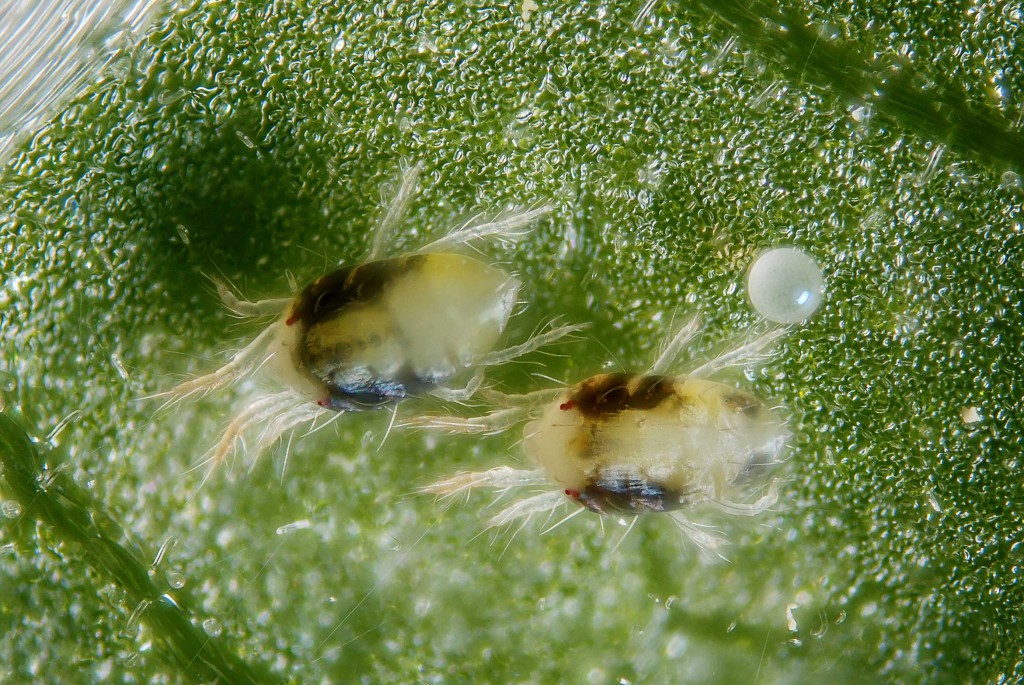
By Clint Thompson
It’s expected to get hot and dry across the Southeast. Some areas are expected to approach 100 degrees Fahrenheit. For vegetable and specialty crop producers, they need to keep an eye on spider mites, believes Stormy Sparks, University of Georgia Cooperative Extension vegetable entomologist.
“Getting hot and dry like this and stay that way for a while, which is what it’s looking like, you always worry about things like spider mites. They like hot and dry conditions,” Sparks said. “That’s just a potential. I’ve had one person call about them. It wasn’t a rescue type of situation. They were just worried about them.”
According to UGA Extension, spider mites usually start out at the edges of the fields or by the drive rows. Anywhere that dust settles on the crop is a likely landing spot for early infestations.
“They have a very wide host range. They like a lot of different crops. But this time of year, probably what we’re worried about most is getting into watermelons. They can be a problem in tomatoes,” Sparks said. “They have a very wide host range but as far as problems this time of year, I would say we’re probably looking more at concerns in the watermelon crop and possibly carrying over into the tomato crop.”
There are multiple acaricides in vegetables that can control spider mite populations. The most consistent control is seen with Agri-mek. It provides control at the bottom of the leaves even with less-than-perfect coverage. Acaricides most widely labeled on vegetables also include Acramite and Torac.
These are highly toxic, however, and should not be sprayed when bees are foraging.









